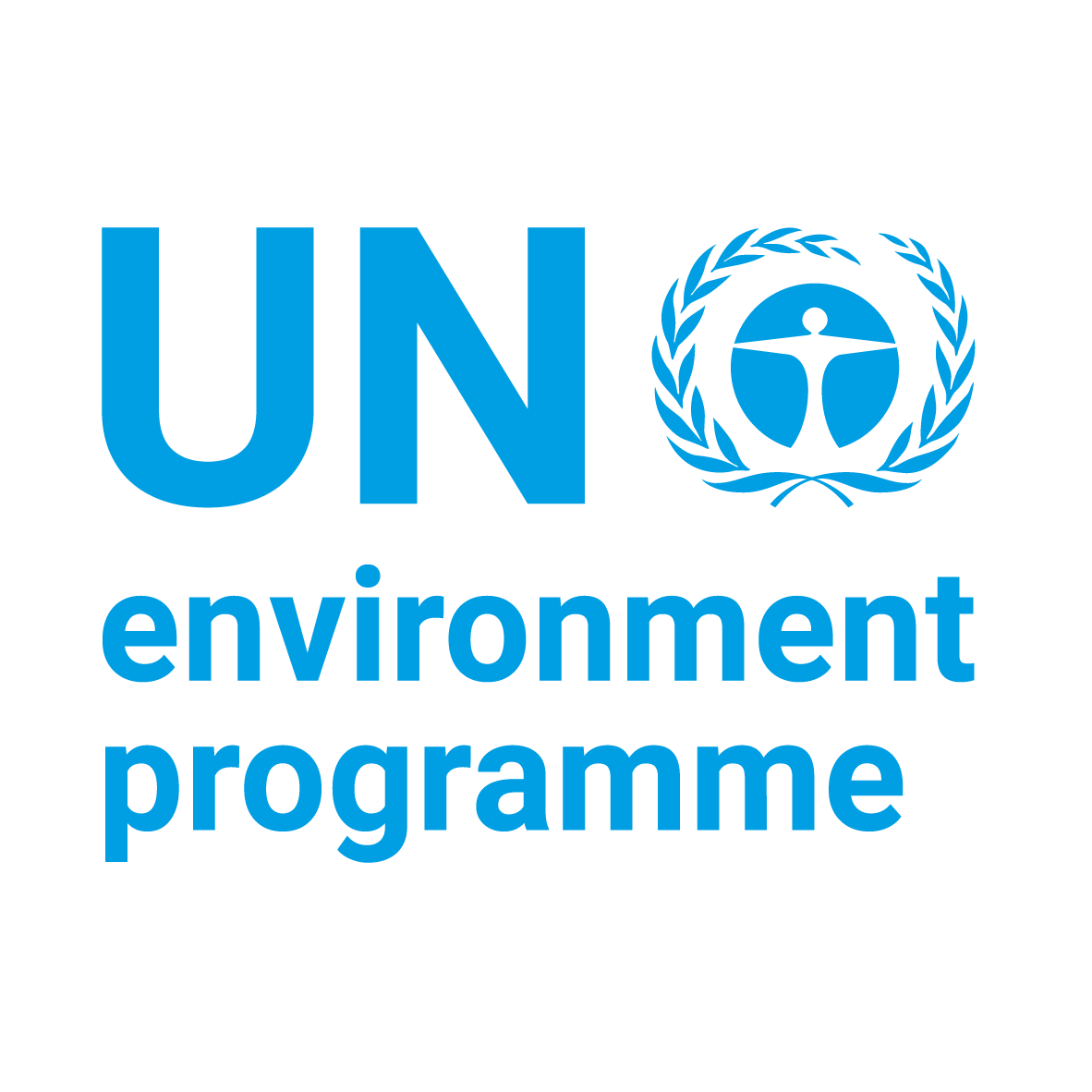China is taking leadership in South-South cooperation, supporting other developing countries in combating climate change. In recent years the National Development Reform Commission (NDRC) of China has started working with organizations in the UN system and with the Global Environment Facility (GEF) to promote capacity building, knowledge sharing and technology transfer amongst developing countries and help vulnerable communities adapt to the impacts of a changing climate. The EbA South project has been recognized as a pioneering example and one of the most successful outcomes of this cooperation.
The EbA South web-based knowledge platform serves as a tool to share China's experience and research know-how in ecological restoration and climate change adaptation, with developing countries and with the rest of the world.
In this respect, the Chinese Ecosystem Research Network (CERN) plays a particularly important role. Established by the Chinese Academy of Sciences (CAS) in 1988, under the auspices of the Chinese government and World Bank, CERN has developed into an innovative and technologically advanced scientific facility, with 40 field stations, 5 sub-centres and 1 synthesis centre, and over 2,000 scientists, technicians and graduate students engaged in its activities. CERN integrates monitoring, research and demonstrations into long-term research frameworks to address ecosystem management, environmental protection, agriculture, disaster risk reduction and natural resource management, in China and beyond.
CERN provides technical support to UN Environment’s International Ecosystem Management Partnership (UNEP-IEMP), which is the first UN Environment collaborating center "in the South and for the South". These two institutions work closely together to synthesise research findings for use in policy and ecosystem management decision-making.
The EbA South project benefits directly from this cooperation. UNEP-IEMP and CERN experts work on the project activities to efficiently use the knowledge, technologies and good practices developed in China and share them with other developing countries. Within the EbA South project, the expertise of CERN is also drawn upon for developing long-term research frameworks for measuring the effects of using climate resilient approaches for mangrove restoration in the Seychelles, community-based watershed restoration in Nepal and multi-use desert greenbelt establishment in Mauritania.







